Are We Living in the Last Days?
From Catholieducation.org
There has been a surge in interest in topics such as Bible prophecy and the Rapture in the last few years, largely due to the surprising success of the Left Behind series written by two devout Protestants. This article seeks to outline Catholic beliefs about the “last days,” relying on Scripture and the Catechism of the Catholic Church and to compare those teachings with the belief in the Rapture as it is found in the Left Behind books and similar works.
Have you ever had non-Catholic friends ask questions such as, “Do Catholics believe in the Rapture?” and “Why doesn’t the Catholic Church interpret the book of Revelation literally?”? Perhaps you or someone you know has read the best-selling Left Behind books and wants to know if they are “biblically sound.” Maybe you saw a televangelist explaining that Christ will come soon to Rapture Christians from earth, but you’ve never heard your priest talk about it.
There has been a surge in interest in topics such as Bible prophecy and the Rapture in the last few years, largely due to the surprising success of the Left Behind series, co-authored by Tim Lahaye and Jerry B. Jenkins, two Fundamentalist Protestant authors.1 Many Catholics have read the books, and while some recognize that the books do not completely agree with Catholic doctrine, others assume they are compatible. Aren’t the authors devout Christians trying to spread the Gospel?2
Given this situation, this article seeks to do two things. First, outline Catholic beliefs about the “last days,” relying on Scripture and the Catechism of the Catholic Church. Second, compare those teachings with the belief in the Rapture as it is found in the Left Behind books and similar works.
Are we living in the “last days”?
Are we, as many Christians believe, living in the last days? In fact, the “last days” refers not only to the “end of time,” but to the last two thousand years. Scripture teaches that the Incarnation ushered in “the last days.” According to Hebrews 1:1-2, “God, after He spoke long ago to the fathers in the prophets in many portions and in many ways, in these last days has spoken to us in His Son, whom He appointed heir of all things, through whom also He made the world.”
At Pentecost, Peter preached that “the last days” had arrived, in fulfillment of the words of the prophet Joel: “For these men are not drunk, as you suppose, for it is only the third hour of the day; but this is what was spoken of through the prophet Joel: ‘And it shall be in the last days,’ God says, that I will pour forth my spirit on all mankind . . .” (Acts 2:15-17; cf. Joel 2:28-32).
“The last days” or “the end times,” properly understood, refers to the time of the New Covenant, the gathering together of God’s people in the Church, which is “on earth, the seed and the beginning of the kingdom” (CCC 567, 669; Lumen Gentium) . The Holy Spirit, the “soul of the Church,” has been and is being poured out, because of the redemptive work of Jesus Christ:
The Holy Spirit is at work with the Father and the Son from the beginning to the completion of the plan for our salvation. But in these “end times,” ushered in by the Son’s redeeming Incarnation, the Spirit is revealed and given, recognized and welcomed as a person. Now can this divine plan, accomplished in Christ, the firstborn and head of the new creation, be embodied in mankind by the outpouring of the Spirit: as the Church, the communion of saints, the forgiveness of sins, the resurrection of the body, and the life everlasting (CCC 686).
This understanding of the “last days” differs from that of those who believe in the Rapture. Catholics agree that there will definitely be an “end of time” and that history as we know it will one day be complete. But we also recognize that each of us will face the end of our time on earth, and that this should, in many ways, concern us more than the end of the world (see CCC 1007).
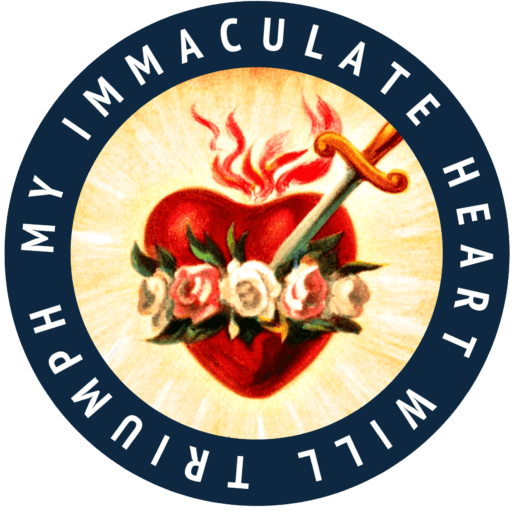

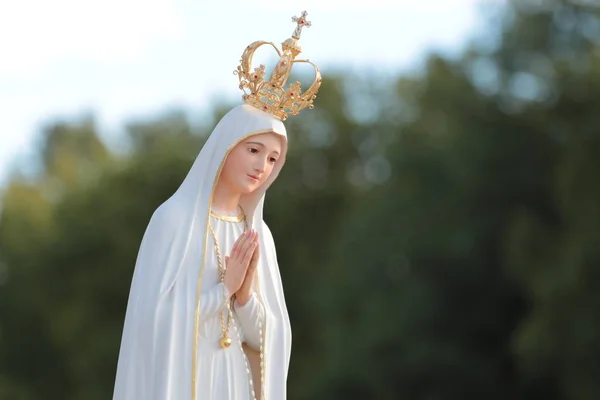

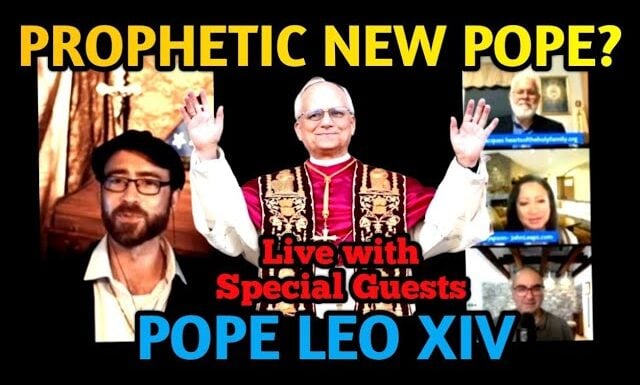
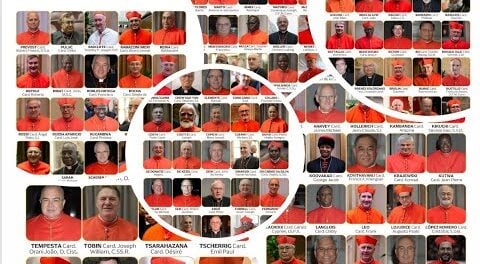
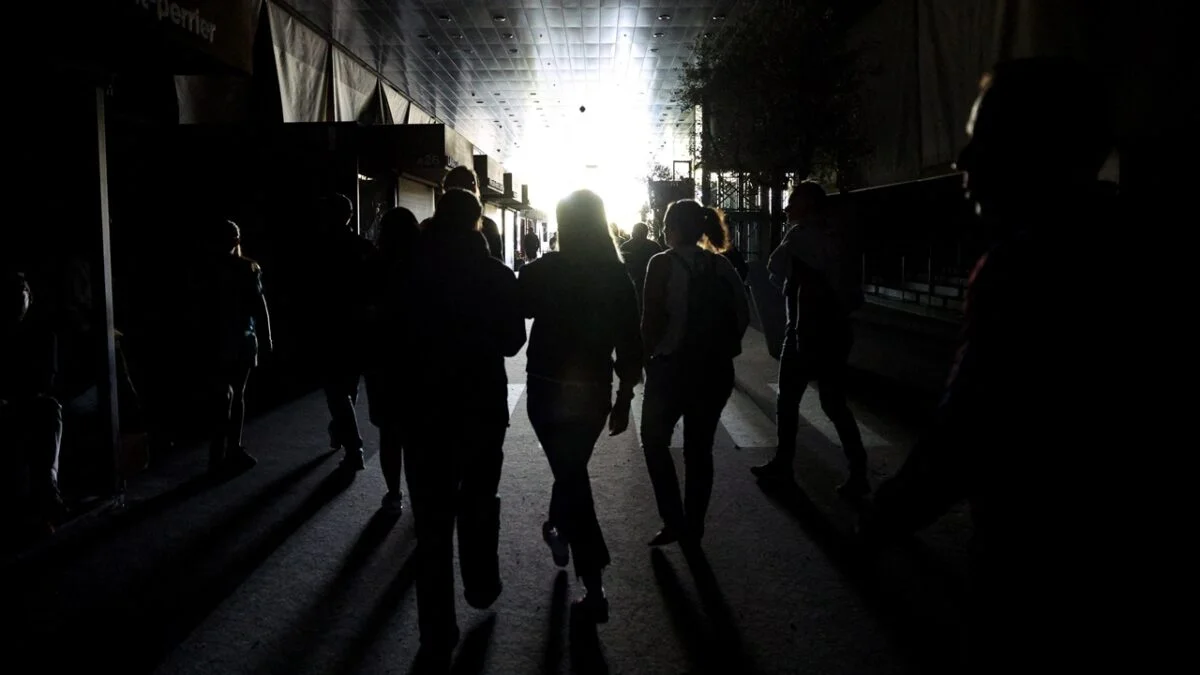


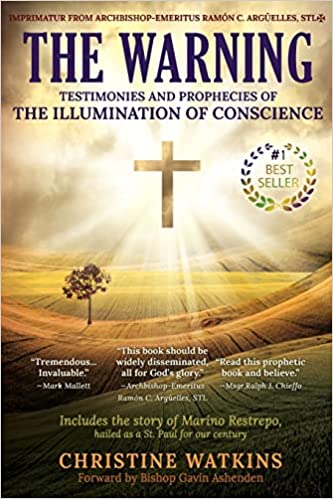
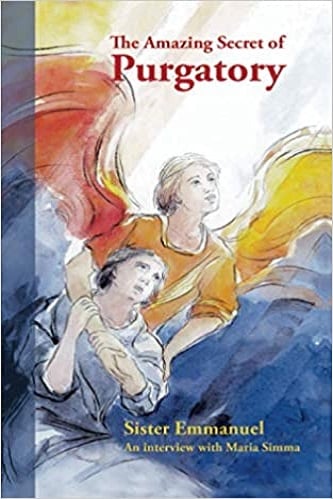

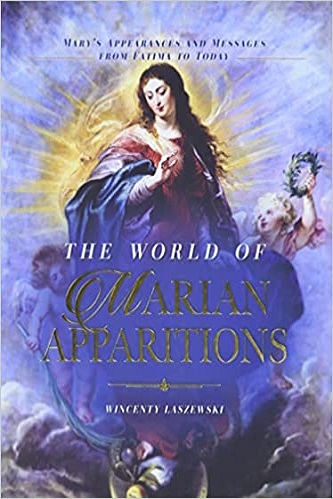
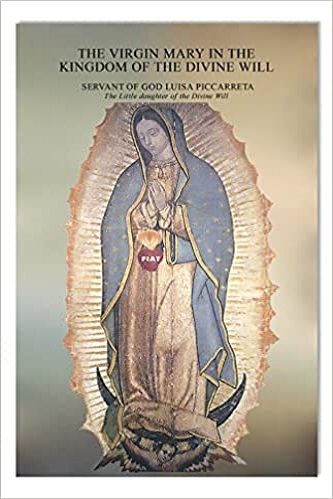
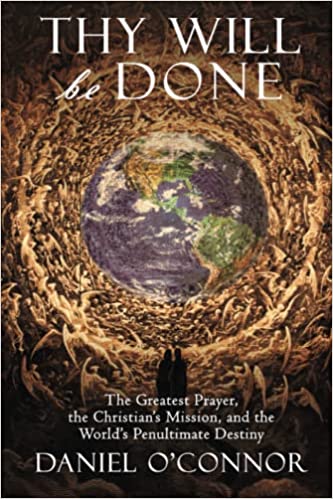
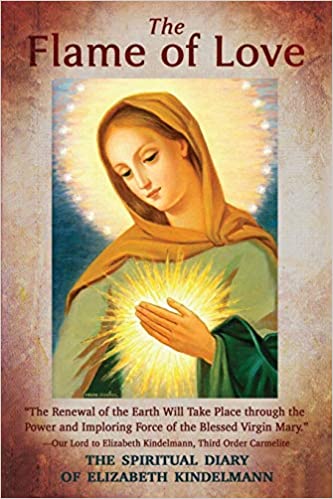
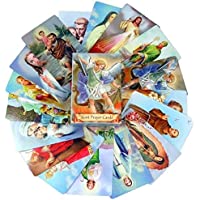

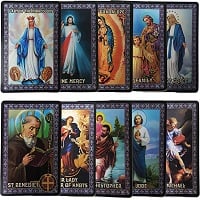
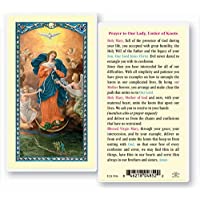
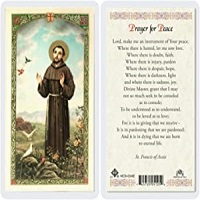
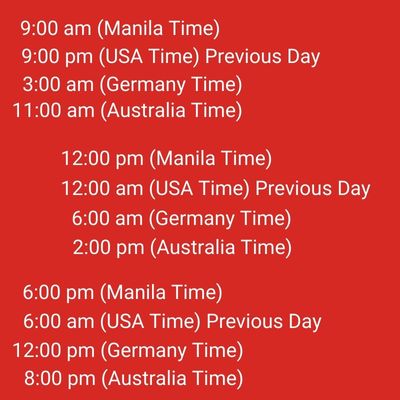
Leave a Reply